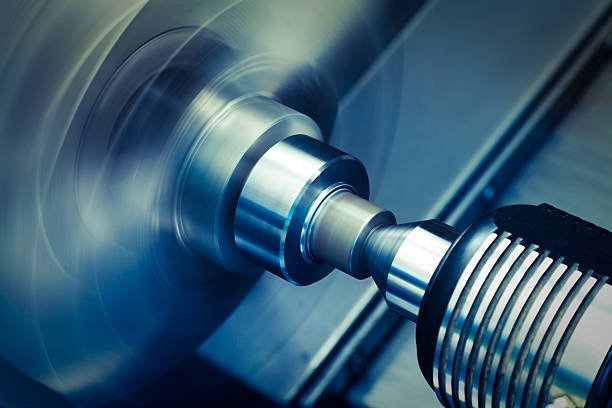In the world of business, acquiring new machinery is an important decision. It’s an investment that can significantly impact a company’s operations and profitability. However, businesses often face a dilemma when it comes to financing this crucial machinery – whether to opt for a machinery loan or consider machinery leasing. In this guide, we will explore the factors to consider when making this important decision, with a focus on machinery loans and their relevance, including loan options for women entrepreneurs.
Understanding Machinery Loans and Leases
Before we delve into the choice between machinery loans and leases, let’s clarify what these terms mean:
Machinery Loan
A machinery loan is a type of business loan specifically designed to finance the purchase of machinery and equipment. This loan provides businesses with the necessary capital to buy machinery upfront. The borrower repays the loan amount over a specified period, along with interest. Machinery loans are usually secured against the machinery being purchased.
Machinery Lease
Machinery leasing, on the other hand, involves renting the machinery or equipment from a leasing company. This arrangement allows the business to use the machinery without owning it. The leasing company retains ownership, and the business pays regular lease payments to continue using the machinery.
Factors to Consider: Machinery Loan vs Lease
To make an informed decision between machinery loans and leases, consider the following key factors:
1. Ownership and Equity
Machinery Loan: With a machinery loan, you own the equipment from day one. This can build equity in your business as the machinery’s value is an asset on your balance sheet.
Machinery Lease: Leasing means you do not own the machinery. While this keeps your balance sheet free from assets, it also means you won’t benefit from the machinery’s appreciation.
2. Upfront Costs
Machinery Loan: When taking a machinery loan, you need to pay a down payment upfront, typically a percentage of the machinery’s cost. This is followed by monthly loan repayments.
Machinery Lease: Leasing usually requires lower upfront costs. You may only need to pay a security deposit or the first and last lease payments.
3. Cash Flow and Working Capital
Machinery Loan: Loan repayments can affect your cash flow. However, owning the machinery can provide long-term benefits.
Machinery Lease: Leases offer a more predictable cash flow as lease payments are fixed. This can be advantageous for businesses with limited working capital.
4. Tax Implications
Machinery Loan: Interest paid on the machinery loan is usually tax-deductible, providing potential tax benefits.
Machinery Lease: Lease payments may also be tax-deductible, but the tax implications may vary depending on the lease terms and jurisdiction.
5. Equipment Maintenance
Machinery Loan: As the owner of the equipment, you are responsible for maintenance and repair costs, which can be significant over time.
Machinery Lease: Some leasing agreements include maintenance and servicing, reducing the burden on the lessee.
6. Flexibility
Machinery Loan: Once you own the machinery, you have the flexibility to use it as you see fit. There are no restrictions imposed by a leasing company.
Machinery Lease: Leasing may come with specific terms and conditions, including restrictions on how the machinery is used.
Machinery Loans for Women Entrepreneurs
Women entrepreneurs looking to finance machinery for their businesses can explore specific machinery loan options designed to support their ventures. These loans are often offered with favourable terms and interest rates to encourage and empower women in business.
Key Considerations for Women Entrepreneurs
Women-Centric Loan Programs: Some financial institutions offer women-centric loan programs that aim to bridge the gender gap in business ownership. These programs may provide special machinery loan offers for women entrepreneurs.
Interest Rates: Women entrepreneurs can inquire about competitive interest rates for machinery loans. Many lenders offer reduced interest rates for women-owned businesses.
Collateral Requirements: Some machinery loan programs may have flexible collateral requirements, making it more accessible for women entrepreneurs to secure the necessary financing.
Repayment Terms: Consider the repayment terms that align with your business’s cash flow. Flexible repayment schedules can be beneficial for women entrepreneurs.
Making the Right Decision
Choosing between a machinery loan and a machinery lease is a decision that depends on your business’s unique circumstances, financial goals, and operational needs. A machinery loan grants ownership, equity, and potential business tax savings, but it involves higher upfront costs. Machinery leasing offers lower initial expenses and predictable cash flow, but you won’t own the equipment.
Machinery loans for women entrepreneurs tailored to their needs can be a valuable resource. These loans may come with women-centric benefits, competitive interest rates, and flexible terms.
- Tags:
- business tax
- machinery loans



